Müller-Thurgau: A Shoulder for Germany to Cry On
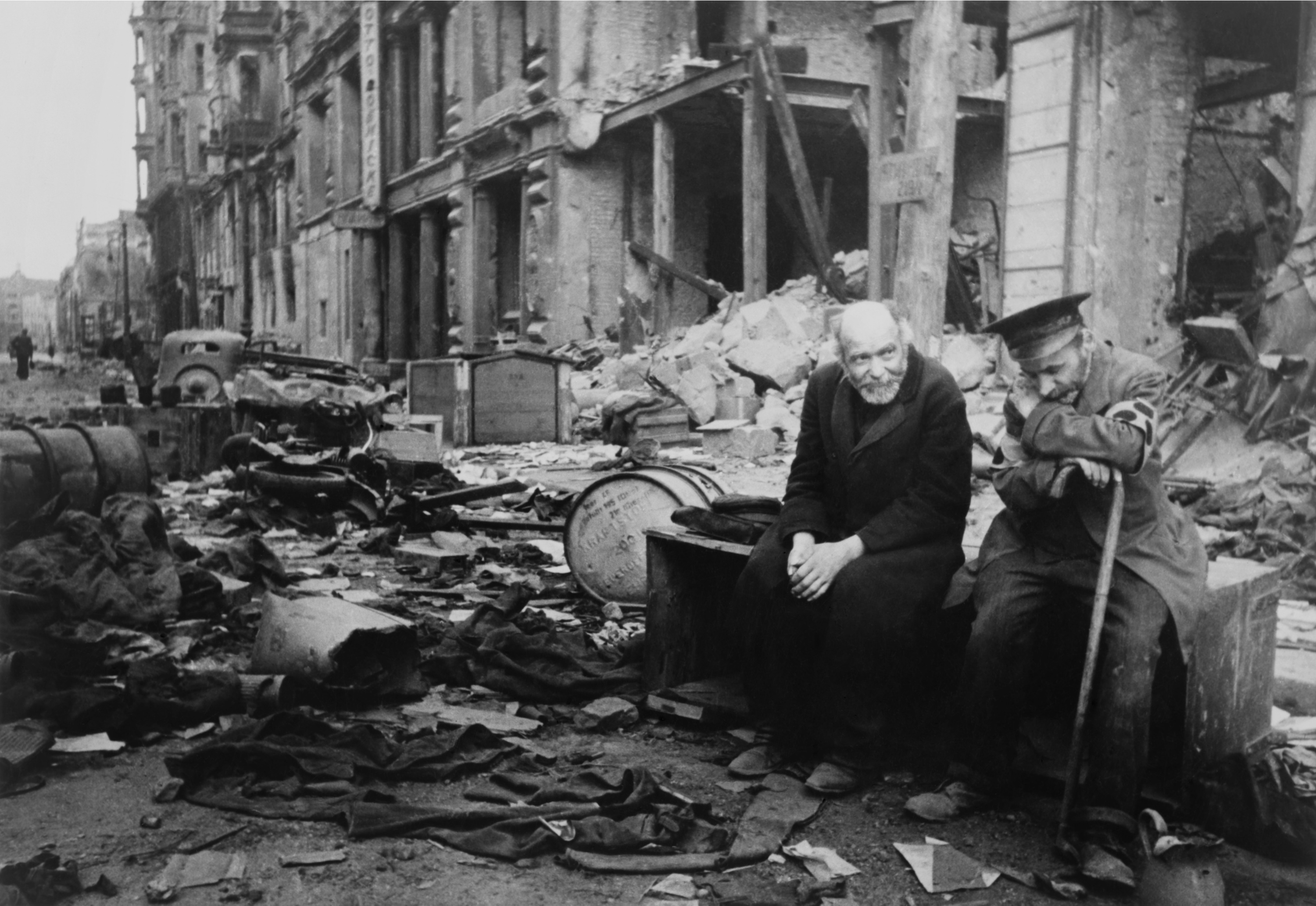
Müller-Thurgau was a blessing and a curse for 20th-century Germany. Emily Campeau asks whether new respect from growers can make a contender in the 21st.

Müller-Thurgau was a blessing and a curse for 20th-century Germany. Emily Campeau asks whether new respect from growers can make a contender in the 21st.
Emily Campeau is the Wine Director of Restaurant Candide in Montreal, Canada but works remotely from her home in Europe (yes, that’s feasible), where she is also one half of the micro-estate Wein Goutte. Her work has been published in various magazines and web platforms in English and French. In 2018 she was the winner of the Jancis Robinson "Seminal Wine" writing competition.
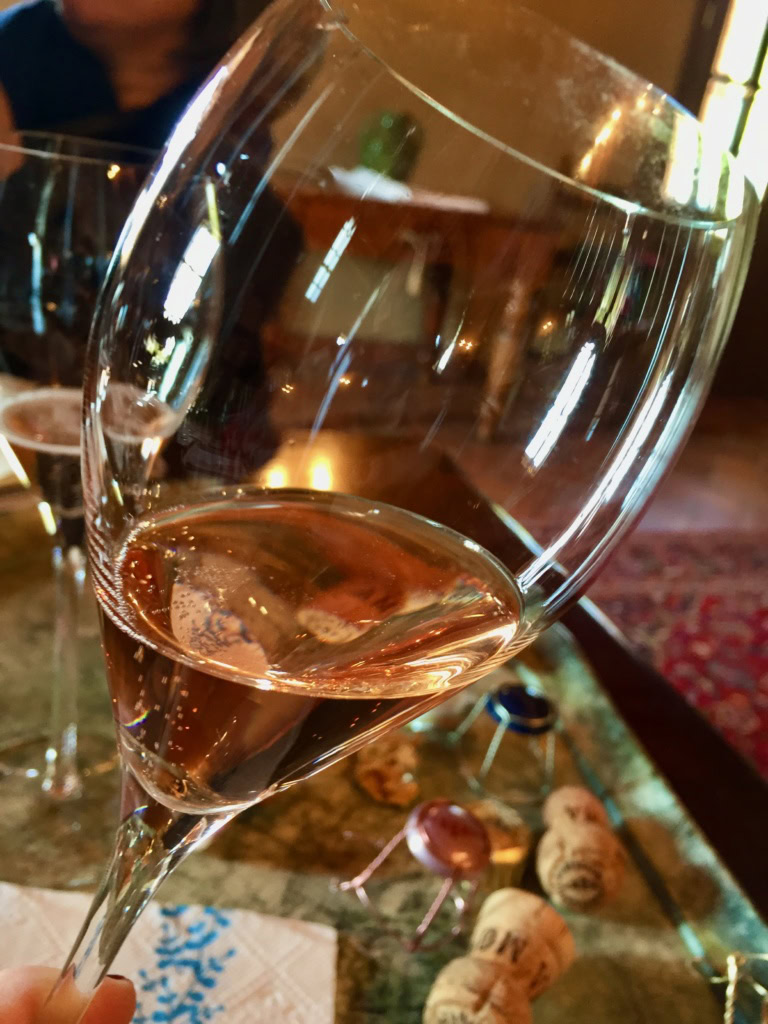
Gerhild Burkhard, founder of the International Sparkling Festival, reveals everything you've always wanted to know about sekt (*but were afraid to ask).
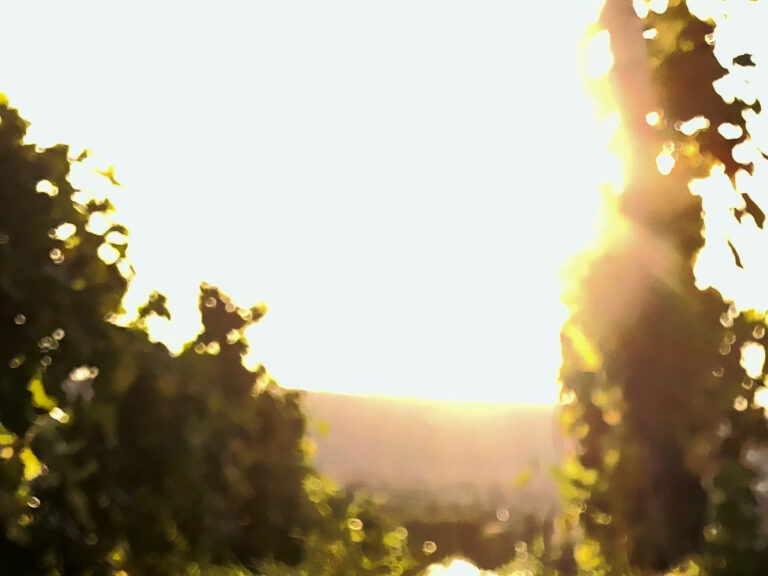
for S.B. with love Die Rebe ist ein Sonnenkind. Sie liebt den Berg und haβt den Wind.So open your door already—for god’s sake, just let me in! Nothing to fear from wild slopes—a matter of terraces and grading.Sankt Aldegund, your roses—they labor on unforgiving slate. Vigor derives from parameters. The desert ends with water.Ritual is an amphora: it gives life room to breathe. The hag at the door is never a hag—she’s always a secret queen. Don’t you fear that ugly mug comes bringing revelation. The special red plum from the Mosel is imbued with healing power.If you go to the…...
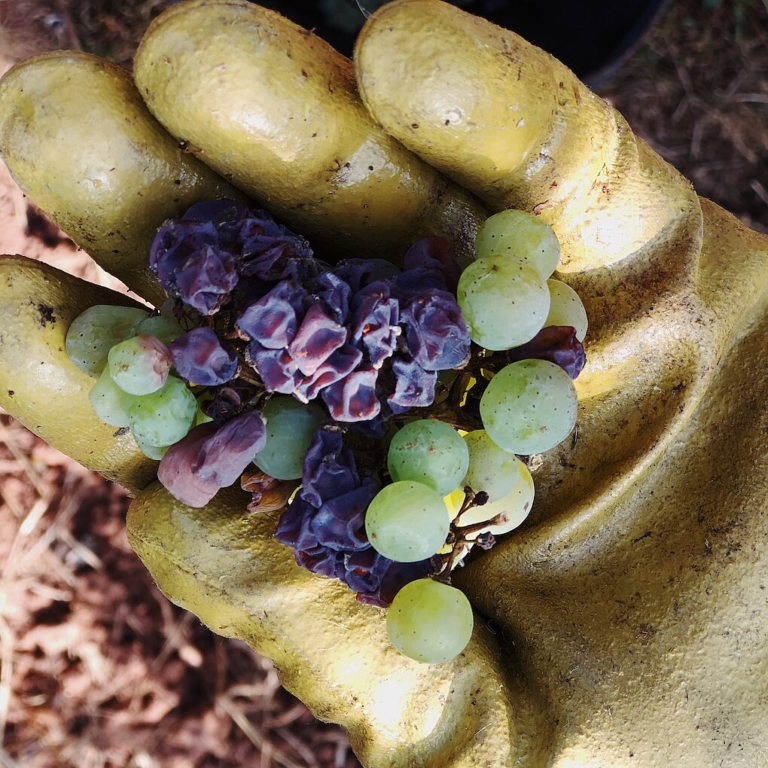
The one piece of German wine law I thought I fully understood was the Prädikat system. First, I memorized the Prädikat levels. Later, I memorized the minimum must weights. I pushed aside my frustration that the sweetness of a wine did not correspond with Prädikat level — accepting that residual sugar wasn’t part of the system. Before visiting Germany, I never expected that the lack of consistency in sweetness for Prädikat wines would be an ongoing point of tension in the very country that came up with the system. Or, that by prioritizing origin over Oechsle degrees, Germany’s renowned wine organization Verband Deutscher Prädikatsweingüter (VDP) would in essence dismiss the…...
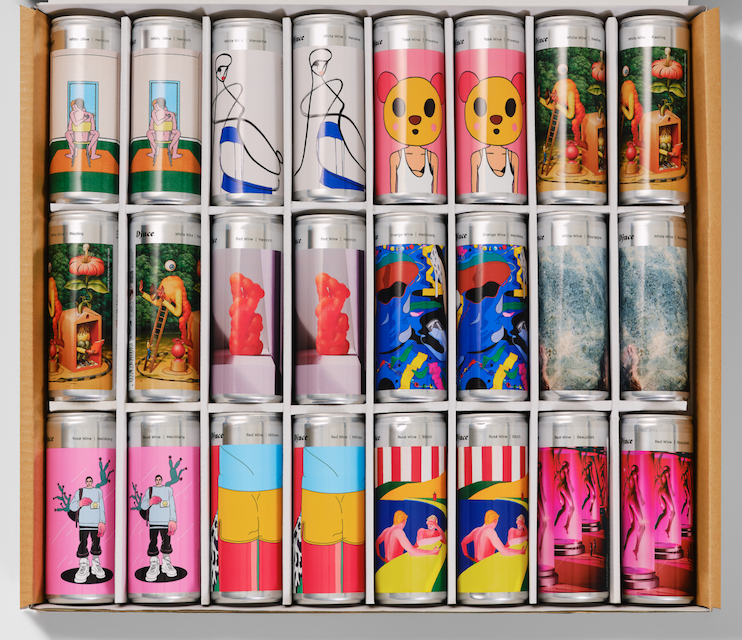
Djuce first entered my periphery late last year at the New York City iteration of Karakterre’s natural wine fair. Amid a cheerful invasion of producers from what has winningly been dubbed “the Austro-Hipsterian Empire,” I narrowed my focus to taste at some touchstones of Austrian natural wine — Judith Beck, Zillinger, Heinrich, Meinklang, Nittnaus, Weninger. Hurrying between offerings of electric-amped Grüner Veltliner and ethereal Blaufränkisch, I brushed by a small table stacked with slim, colorful cans and a paper sign that read “Djuce.” I paused just long enough to register an internal eye roll at what I assumed was the bro-culture spelling and reflexive ecoism of yet…...
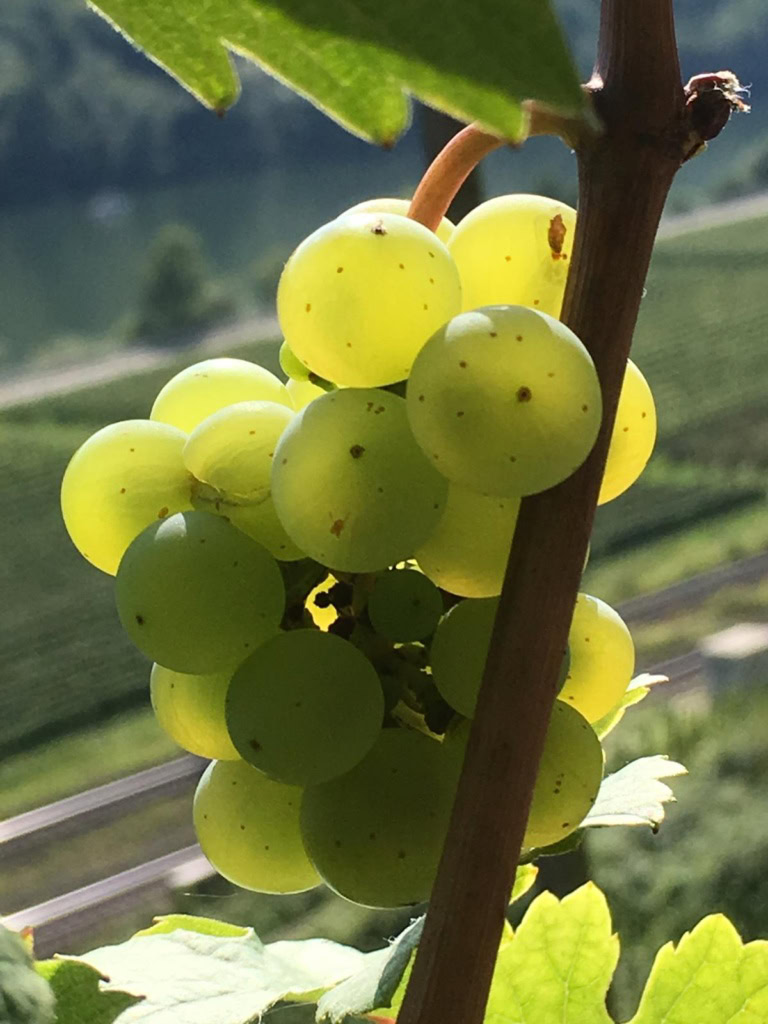
The power, pride and potential of old vines. And it turns out, the Mosel really could be where it all started..
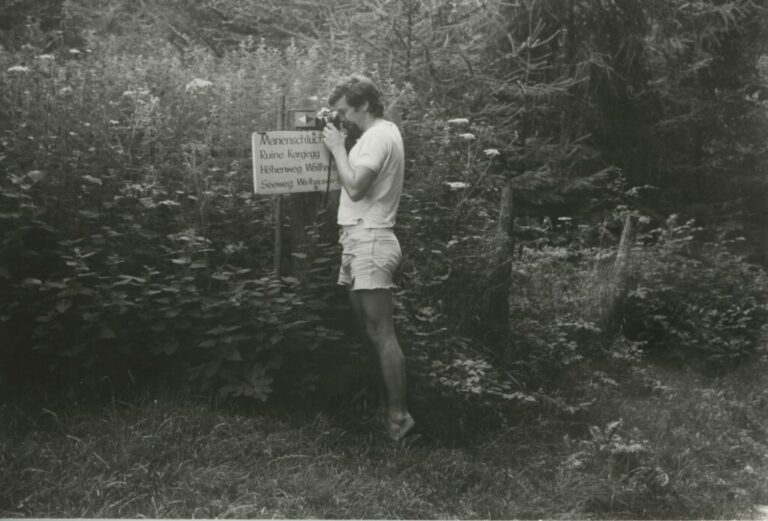
If Emilio Zierock finds it hard to talk about his controversial father, you can’t tell by listening to him. He speaks with remarkable openness about the man. Rainer Zierock, who passed away in 2009, was a brilliant visionary, but also in all likelihood the grandest provocateur in post-war German and Italian viticulture. The powerfully eloquent and often choleric Zierock was considered an eccentric of note, and one who went after everyone. More than a few people also consider him a misunderstood genius, far ahead of his time. His influence on the young wine generation, and particularly the natural wine scene,…...
Enjoy unlimited access to TRINK! | Subscribe Today